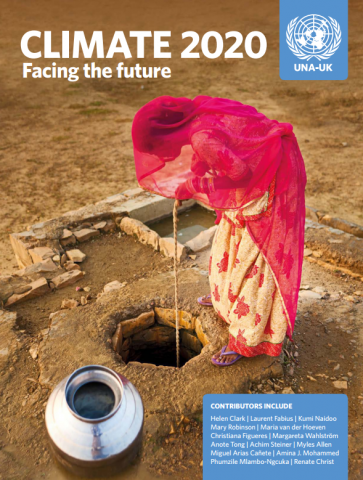Acting Today For Tomorrow- Climate Resilient Pacific Islands

Pacific island countries continue to be among the most vulnerable in the world: they combine high exposure to frequent and damaging natural hazards with low capacity to manage the resulting risks. Their vulnerability is exacerbated by poorly planned socioeconomic development, which has increased exposure and disaster losses, and by climate change, which has increased the magnitude of cyclones, droughts, and flooding. Changes in how disasters and other extreme events in the Pacific are managed could significantly lessen the region’s vulnerability. Currently, inefficient management of risks negates development gains and incurs large costs for national and local governments. Progress in reducing vulnerability has been retarded in part because of fundamental problems with coordination and cooperation among relevant actors at all levels. The policy frameworks, governments, regional organizations, and donor and development institutions responsible for carrying out disaster risk reduction (DRR) and climate change adaptation (CCA) often work in isolation from one another—and in isolation from the actors involved in socioeconomic development planning and implementation. Progress has also suffered because elected officials, as well as donors and other development partners, tend to support immediate-term relief following a disaster rather than investing in DRR and CCA initiatives, which have less visibility but would in the long run represent a far more efficient use of resources.
Online home
http://goo.gl/2QFsIj
